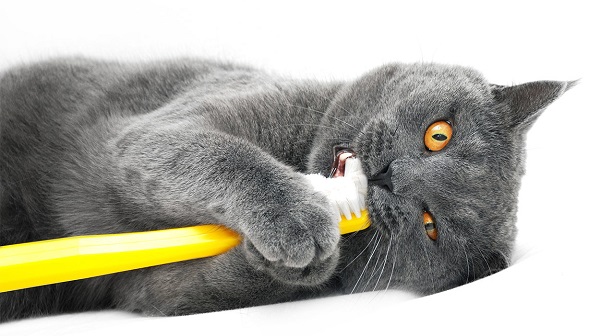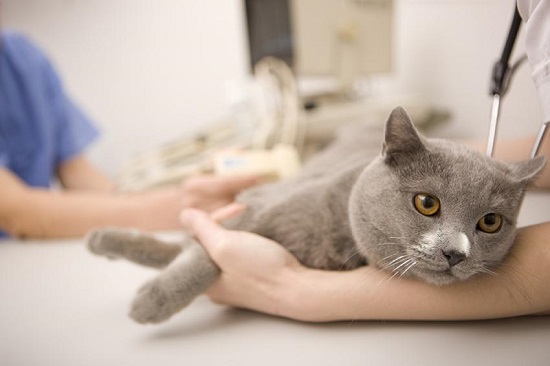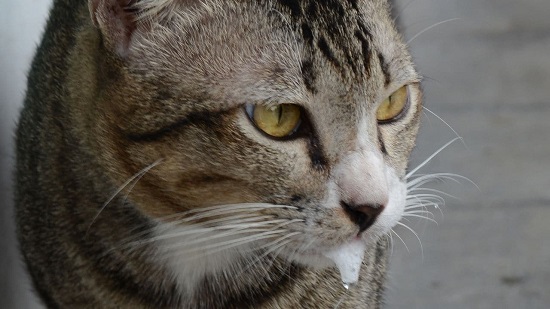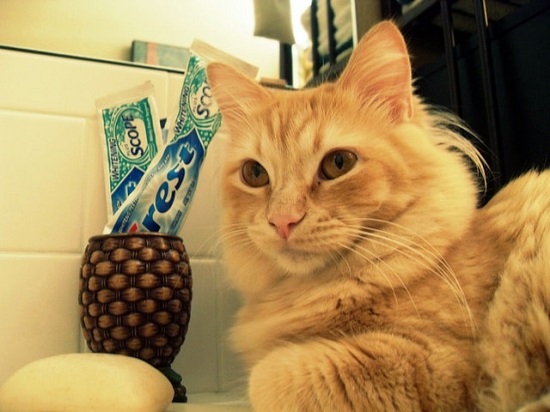Once I was brushing my kitty teeth, I noticed my cat ate toothpaste!!! Yes, I panicked and didn’t understand what to do next. I was wondering what happens if my cat ate toothpaste. Will she die, or will she become sick.
Most cat owners go through such a situation. If such conditions also bother you, don’t panic. Because, when my cat ate toothpaste I took some measures which can help you.
In this article, I have curated what to do if a cat ate toothpaste and what happens next. I have even mentioned swallow-proof oral care products, which won’t cause any trouble in the future.

What to Do if My Cat Ate Toothpaste?
Cats are known to be the cleanest creatures on the planet; they daily follow a cleaning regime. They groom themselves and keep themselves study and neat.

As they can not clean their teeth on their own, they need our help. It is essential to clean their teeth daily. But while cleaning, what if my cat ate toothpaste?
If you are also scared of this situation, then I must say you should relax in the first place. Panicking in such a situation can only make things to go worse. The very first step when this happens you must clean her mouth with water.
When my cat ate toothpaste, I took her to the vet immediately. As human toothpaste are toxic for pets. It comprises fluoride and xylitol. It can cause various health issues to a cat.
Your vet will do some interrogations and give some medication that you have to follow properly.
What Happens if My Cat Ate Toothpaste?
I had experienced a situation when my cat ate toothpaste earlier. So, I have curated what circumstances did my kitty has gone through during that time.

1. Upset Stomach
When my cat ate toothpaste, she had faced severe stomach issues as the chemicals in human toothpaste can cause pain in her digestive tract. Due to which they can feel like vomiting and can also suffer from health problems like diarrhea.
As per AVMA, “Bath and hand soaps, toothpaste and sun screens should also be kept away from your pets. They can cause stomach upset, vomiting or diarrhea.“[2]
In some cases, consumption of xylitol can lead to liver failure too!
2. Foaming at the Cat Mouth
Generally, when a cat eats anything that is not made for her, she should not be consuming their mouth throws the foam.
When my cat ate toothpaste, her face was covered with foam. I immediately wiped it and washed her mouth with water, and took her to the vet.
Natural Cat Toothpastes and Oral Gels
You can use the toothpaste listed below for your cat. These are effective and most recommended by many veterinarians. We have listed popular and the best natural cat oral product, which will help to keep your cat’s oral hygiene always up to the mark and free from dental issues.[1]

Try using Vetoquinol Enzadent Enzymatic Toothpaste for Cats; it can be used for both dogs and cats. It comes in a poultry flavor, which your cat will love. The power of the enzyme effectively cleans tartar as well as plaque from their teeth. It doesn’t form foam and is made swallow-proof. No need to spit out and rinse. It keeps her gums healthy.
So, regularly brush their teeth with this, and in case your cat ingests, it won’t cause any problem!
Another on the list is TropiClean Fresh Breath. It is an amazing natural oral care product specially designed for your cat. Your cats’ teeth can easily get rid of tartar and plaque issues.
You apply one drop of this daily to your cat’s teeth. This product offers you healthy and hygienic pet kisses. The company claims to see good results in 30 days if used as directed.
This natural oral care doesn’t cause any health problems if she has swallowed it by mistake. So, without being under stress, you can definitely give this a shot!
Hey, you make sure to read till the end!
FAQs
Is toothpaste bad for cats?
Human toothpaste includes fluoride; it is deadly for cats. Plus, the strong flavor in that can be quite sore for their mouth.
They should never get their teeth cleaned with human toothpaste. It can hurt cats, make them fall ill, and may even lead to liver failure.
You can clean your cat’s teeth with pet toothpaste. Those are made of non-fluoride and won’t cause discomfort if she ingests it.
Can cats eat or lick human toothpaste?
A cat may lick or eat human toothpaste, but it should not. It can be hazardous for their health. Humans’ toothpaste contains chemicals according to human oral needs, and when your cat licks that harmful chemical, it can make her ill.
Therefore, it is advisable to always give a cat pet-friendly natural ingredients toothpaste to your cat. It doesn’t contain fluoride or any other harmful chemical.
Why do cats like to lick toothpaste?
Cats are always curious and always fond of exploring new things. When she licks your toothpaste, she likes the sweet flavor. The sugar-sweet taste attracts her to lick more of it. But it is obviously harmful to her. Therefore, make sure she doesn’t follow you to the bathroom and licks your toothpaste.
Well, That’s a Wrap!
In this article, I have written what precautions you can take when your cat ate toothpaste. I have personally experienced it, so I know what things you can do.
I have curated content when my cat ate toothpaste — what I did and what problems she faced next. So, make sure you don’t skip the blog.
In this blog, I have also mentioned few natural oral care products; you can get them from any pet store. Plus, these oral care won’t even cause problems if your cat eats them.
References
- Gingivitis in cats. (2020, May 12). PetMD. Retrieved September 5, 2022, from PetMD
- Household hazards. (n.d.). AVMA. Retrieved September 5, 2022, from AVMA
- Frank, D. (n.d.). Feline Obsessive-Compulsive disorders. VIN. Retrieved September 5, 2022, from VIN



